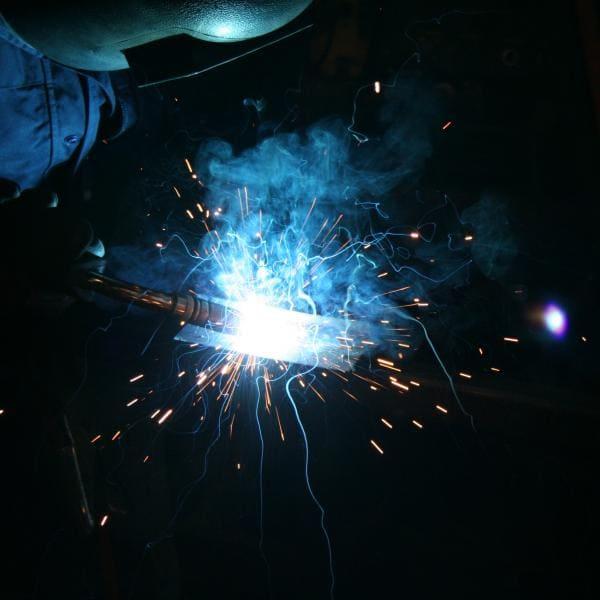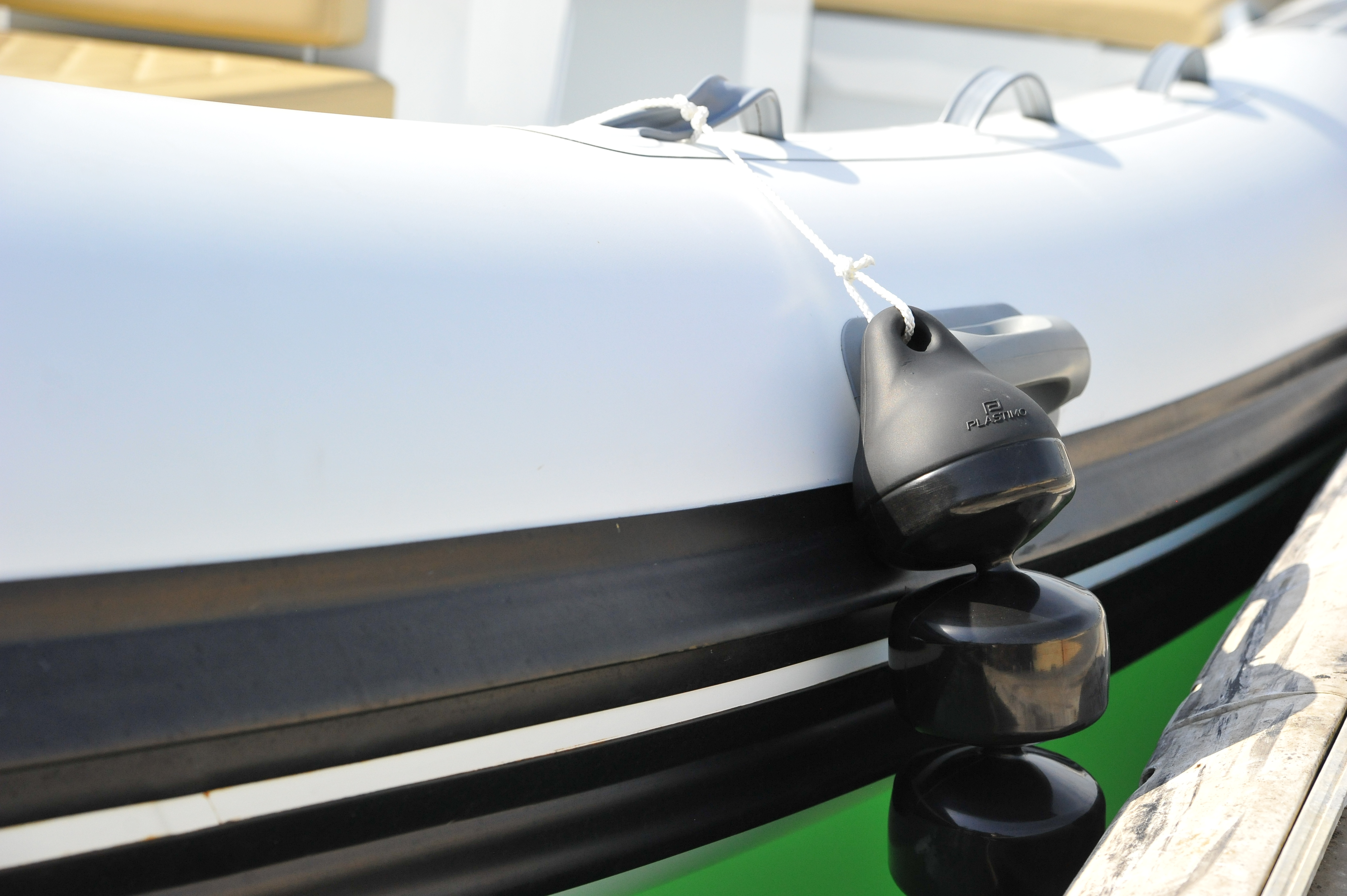AtlantiCraft has chosen aluminum!
Introduction
When it comes to designing a boat, the question of choosing materials inevitably arises. Each material has very specific mechanical properties with its own advantages and disadvantages. This article will help you understand why AtlantiCraft chose aluminum in the design of its RIBs!

Comparison
Modern RIBs are most often built from fiberglass. However, aluminum is the best material available for a boat. Aluminum is more durable than fiberglass, which tends to shatter or crack upon impact. Aluminum is also more resistant to perforations. In addition, aluminum RIBs do not deteriorate or weaken from sun exposure like fiberglass boats, which contributes to extend their lifespan. Aluminum RIBs provide all of these benefits while offering a reduced weight compared to equivalent fiberglass models. With equal power, they therefore offer a higher cruising speed and lower fuel consumption.
MYTH: An aluminum boat will corrode through electrolysis over time.
Do : An aluminum hull can be subject to electrolytic corrosion if stainless steel parts come into direct contact with the aluminum. Stainless steel rod holders, for example, should be avoided. AtlantiCraft RIBs are meticulously assembled in accordance with very precise specifications. For example, we use aluminum screws to prevent electrolysis. Similarly, electrical cables are protected and follow very specific routings.
Additionally, marine-grade aluminum is more resistant to electrolytic corrosion than other aluminum alloys. AtlantiCraft only uses aluminum plates from marine grade 5086 alloy for its boats, as it is the highest marine-grade alloy. For additional protection, all our hulls undergo a anti-corrosion treatment before being powder coated.
MYTH: Aluminum boats are noisy.
Do : A properly constructed aluminum hull, with a true keel and welded frames, is no noisier than a fiberglass hull. This misconception is common. It comes from low-end aluminum boats built from thin riveted aluminum sheets, or from welded aluminum boats whose welds are not sufficient to secure the hull to the structure and deck.
MYTH: Aluminum has a higher carbon footprint than fiberglass.
Do : A well-built aluminum boat will last a lifetime if properly maintained. Aluminum boats require less maintenance than their polyester (or wooden) counterparts. Aluminum is therefore more durable than fiberglass over the life of the boat.
In addition, the manufacturing process of an aluminum boat is less polluting than its polyester counterpart which requires the manufacture of molds.
Finally, aluminum boats can be easily and economically recycled at the end of their life to become other aluminum products. Indeed, aluminum is one of the only materials infinitely recyclable.
MYTH: Fiberglass RIBs are prettier and have a unique hull shape that benefits sailing.
Do : Fiberglass boats can be molded into any shape. However, thanks to modern 3D CAD software and robotics, modern aluminum boats can be built with shapes much more unique than in the past. In addition, aluminum boats can be designed and built affordably as one-off custom boats to meet the customer's needs. Each fiberglass boat requires an expensive mold that makes building a single boat unaffordable.
Conclusion
Polyester hulls are suitable for mass production and are economical because they are made from molds. Each model has its own mold and can be mass-produced.
Aluminum, on the other hand, has undeniable mechanical properties which justify the additional cost of purchase. The additional cost linked to the material itself but also to the many additional hours of work is absorbed by consumption gains throughout the life of the boat.
Anxious to respond to both the specific requests of its customers and news environmental standards, AtlantiCraft has chosen aluminum. The result is semi-rigid modern and entirely customizable.
In this article, we'll take you behind the scenes of the crucial choice of manufacturing materials!


